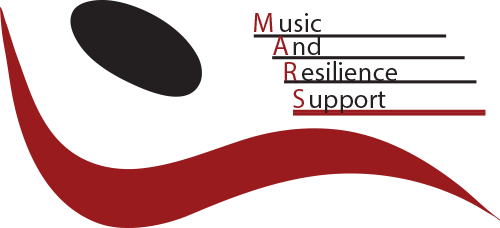This module focuses on the facilitation of groups using music, developing strategies to enable this, as well as exploring the idea of reflection, considering why and how music can affect groups of people.
The module will involve documenting and analysing aspects of group facilitation through music that you are currently undertaking in your own practice. However, the module also hopes to promote and foster a “facilitating and sharing” culture within the MARS group, considering the idea of facilitation and support, not only as something that we ‘do’ to others in practice, but something that we also practice within the groups we are personally part of.

